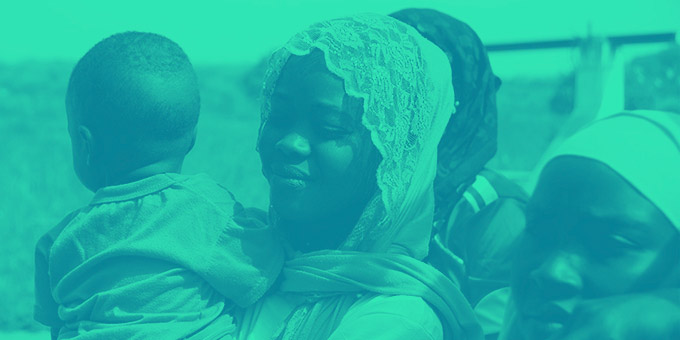Mole or cancer? The algorithm that gets one in three melanomas wrong and erases patients with dark skin
The Basque Country is implementing Quantus Skin in its health clinics after an investment of 1.6 million euros. Specialists criticise the artificial intelligence developed by the Asisa subsidiary due to its "poor” and “dangerous" results. The algorithm has been trained only with data from white patients.

Under cover of darkness: Pharmaceutical and food industry payments to national paediatric associations
National paediatric associations in six of eight European countries do not disclose their financial ties with the private sector.
Ten European countries pay egg donors anywhere from 250 to 2,000 euros
In addition to economic or altruistic motivation, anonymity plays a key role in egg or sperm donation, although an increasing number of countries require disclosure of donor identities.
More than half of European countries prohibit access to assisted reproduction for lesbians and almost a third do so for single women
The situation is much more difficult for trans and intersex people. In addition to the legal barriers, they face economic stumbling blocks: most public health systems cover only part of the costs or have very long wait lists or narrow access criteria.
Spain, Czechia, Denmark and Belgium are the meccas of reproductive tourism
Barriers in many European countries push thousands of people abroad to access assisted reproductive technology (ART) techniques. In some cases, they take out huge loans to pay for the treatments.
Antidepressant use in Europe continues to break records
Doctors continue prescribing anti-anxiety medications such as lorazepam or diazepam for long periods despite the risk of addictions. Meanwhile, under-investment in psychological care is making things worse.
Europe fights the monkeypox outbreak with unequal defences
Only two European Union member states confirm that they had strategic reserves of the most effective and safe vaccine against monkeypox, a smallpox-like virus.
The slow, uneven wane of the institutional psychiatry model in Europe
In the European Union, thousands of people with serious mental disorders live isolated and secluded from society, without receiving all the care they need. At least 150 million euros of European Union funds, intended to improve their situation, have been used for other purposes.
Pay up or put it off: how Europe treats depression and anxiety
In many European countries, the availability of psychological treatment in the public healthcare system is inadequate or even non-existent. Barriers such as long waiting lists, co-payments and inadequate resources push people with anxiety or depression -those who can afford it- to the private system.
No appointments for mental health patients during the COVID-19 pandemic
COVID-19 has paralysed mental health care, already weak in several European countries. During the first wave, 75% of psychiatry services were via telemedicine, but it doesn’t work for everybody.


